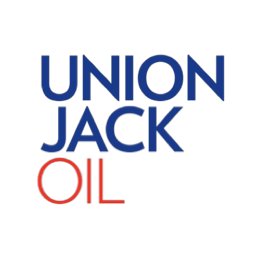Crude oil prices soared on Monday following U.S. President Donald Trump’s decision to impose tariffs on Canada, Mexico, and China. The move has intensified concerns over potential disruptions in crude supply from two of the largest oil exporters to the U.S., but gains were tempered by worries about weakening fuel demand.
U.S. West Texas Intermediate (WTI) crude futures rose to $73.89 per barrel, up $1.36 or 1.88%, reaching a session high of $75.18, the highest since January 24. Brent crude futures climbed 73 cents, or 0.96%, to $76.40 a barrel, after touching an intraday peak of $77.34.
Trump’s sweeping tariffs, announced over the weekend, signal an escalating trade war that could slow global economic growth and drive inflation higher. While energy products from Canada will be subject to a 10% duty, Mexican energy imports face a full 25% tariff, White House officials confirmed.
Barclays analyst Amarpreet Singh noted that the softer stance on Canadian energy imports likely reflects strategic caution. Tariffs on Canadian crude could disrupt U.S. energy markets significantly, potentially counteracting one of Trump’s primary goals—keeping energy costs low.
Despite the market reaction, Goldman Sachs analysts suggest the tariffs will have a limited short-term impact on global oil and gas prices. Canada and Mexico together supply around 25% of U.S. crude imports, which U.S. refiners process into essential fuels like gasoline and heating oil. However, the new tariffs will increase costs for the heavier crude grades preferred by U.S. refineries, squeezing profitability and possibly curtailing production.
The impact is already evident in U.S. gasoline futures, which jumped 2.66% to $2.1136 per gallon after peaking at $2.162, the highest since mid-January. Analysts believe near-term oil prices could remain elevated due to supply risks, particularly for heavier crude. However, as the demand outlook weakens and OPEC+ faces increasing pressure from Trump to ease production cuts, prices may decline in the coming months.
Despite U.S. intervention, OPEC+ members are unlikely to revise their gradual output increase plan when they meet on Monday, sources close to the producer group indicated. The cartel remains committed to its strategy, balancing global market stability with production discipline.
The evolving trade landscape continues to inject volatility into the oil markets, keeping investors on high alert for further policy shifts and their potential ripple effects.
Union Jack Oil plc (LON:UJO) is an oil and gas company with a focus on onshore production, development, exploration and investment opportunities within the United Kingdom and the United States of America hydrocarbon sector.


